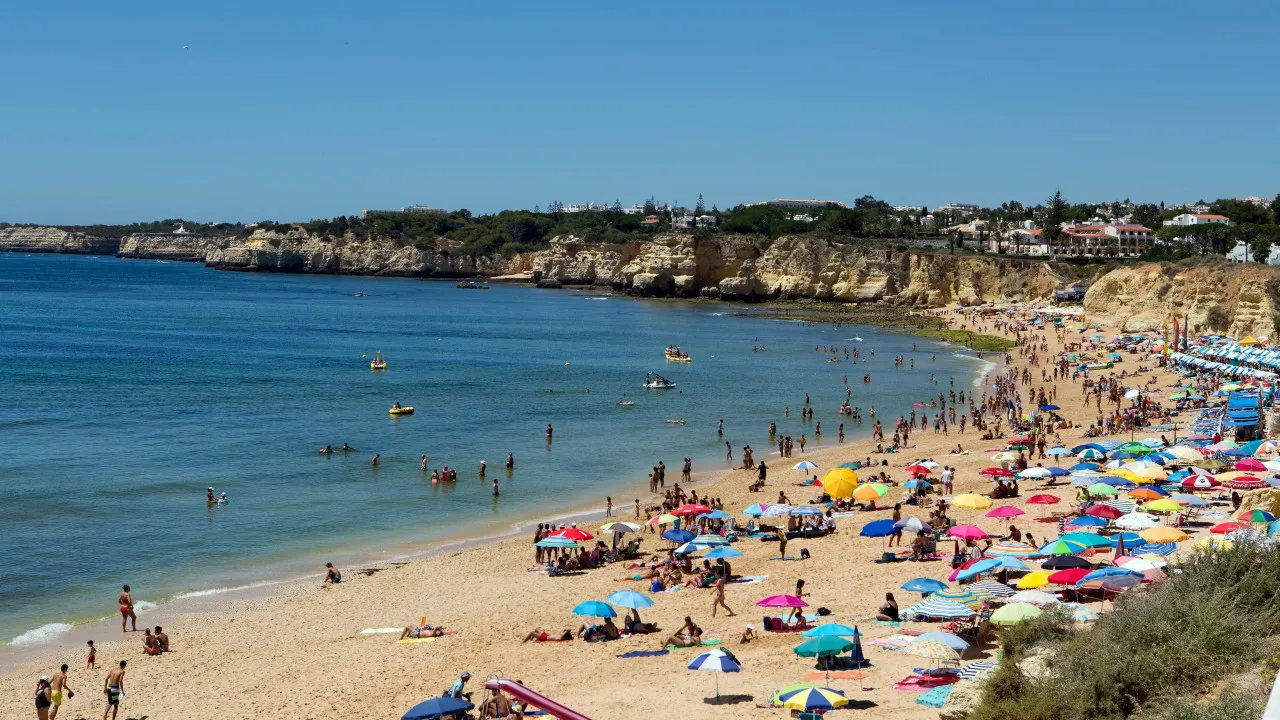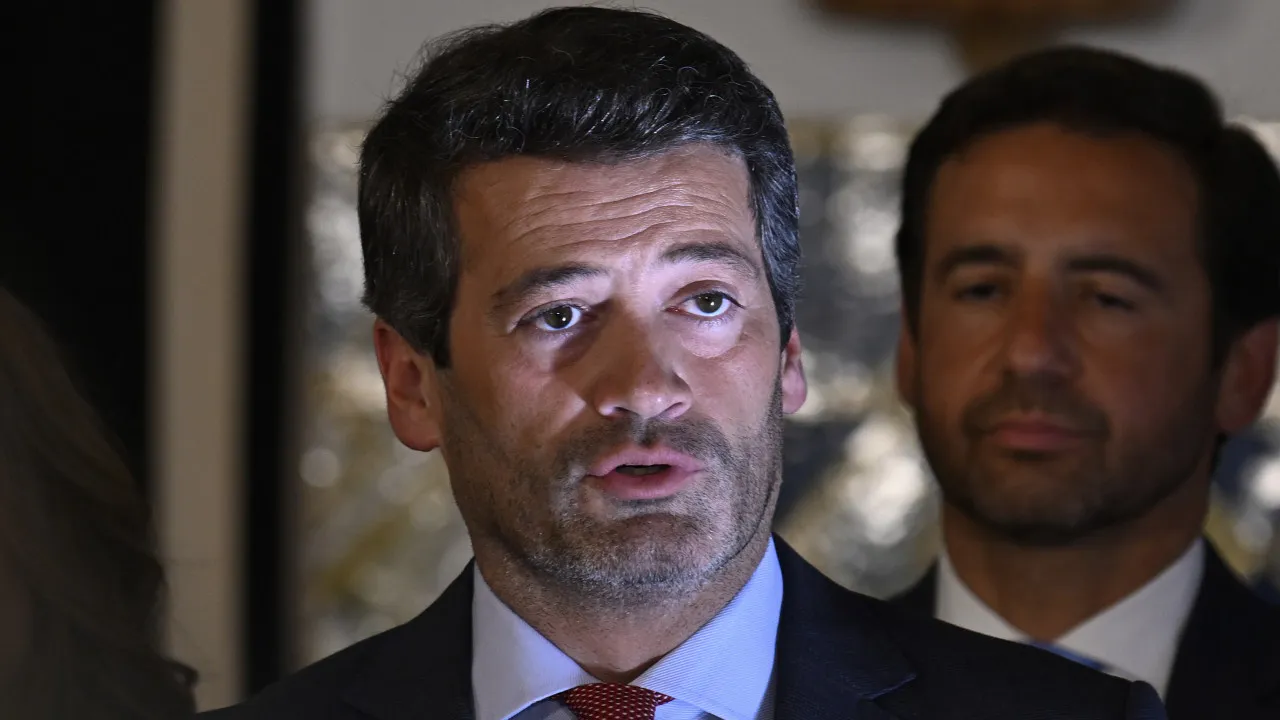The protest will begin in front of the Assembly of the Republic and will proceed to the official residence of the Prime Minister.
Throughout the region, there are growing complaints and alerts from producers who fear they will be unable to sell their grapes this harvest or will have to sell them at low prices, while merchants report full stocks and a decline in wine sales.
The objective of the initiative in Lisbon is to deliver the motion approved on July 2 in Peso da Régua, Vila Real district, the day a demonstration took place to highlight the increasing difficulties affecting wine growers and the Douro Demarcated Region (RDD).
“Although the CNA’s struggle and Douro wine growers have started to bear fruit by forcing the government to acknowledge the problem in Douro and announce measures, we cannot fail to insist that the desperate situation of small and medium-sized producers in Douro requires broader measures,” states the CNA in a communiqué.
In Régua, attention was drawn to producers selling at prices unchanged for 25 years, despite production costs increasing significantly during that time.
The approved motion vehemently rejects that the benefit quantity for 2025, to be set on Friday, should be lower than that of 2024.
The benefit, which is the amount of must each producer can allocate to Port wine production, was 90,000 casks (550 liters each) in 2024 and 104,000 in 2023. For this year, the trade proposed reducing it to 68,000 casks during the interprofessional council meeting of the Douro and Port Wine Institute (IVDP).
It is further demanded that the state set minimum grape prices and that purchasing grapes below production costs be prohibited. There are calls for the brandy used in rich wine production to be primarily regional, allowing all grape production from the RDD to be utilized, and for Casa do Douro to be granted the legal and operational capability for an effective role in stock stabilization through the purchase and storage of surpluses.
The document also calls for effective scrutiny over incoming musts and wines from outside the region and requests “immediate and conjunctural crisis management measures,” such as state purchase of excess cooperative winery stocks, refreshing stocks stored at Casa do Douro, extraordinary support to offset the income loss of wine growers, the programming of a crisis distillation aimed primarily at productions of cooperative winery members, and for producers who have not purchased wines from others.
Meanwhile, the Ministry of Agriculture and the Sea has announced an action plan for the sustainable management and appreciation of the RDD’s wine sector, with integrated actions focused on reducing surpluses, adjusting production potential, and reinforcing value creation.
The working document will gather input from the IVDP’s interprofessional council and RDD mayors and is expected to be ready in August. The grape harvest starts in August and peaks in September.
One of the proposed measures involves using “grapes for distillation wine,” aiming to reduce wine surpluses in the RDD by dispatching surplus grapes and directly ensuring a minimum income for the wine grower.
Given the unknown producer adherence, the quantity of grapes destined for distillation, and the final amount, the measure needs adjustment. However, it will be implemented by the IVDP under a prior contract between the wine grower, winemaker, and distiller, with applications expected by September 15.




